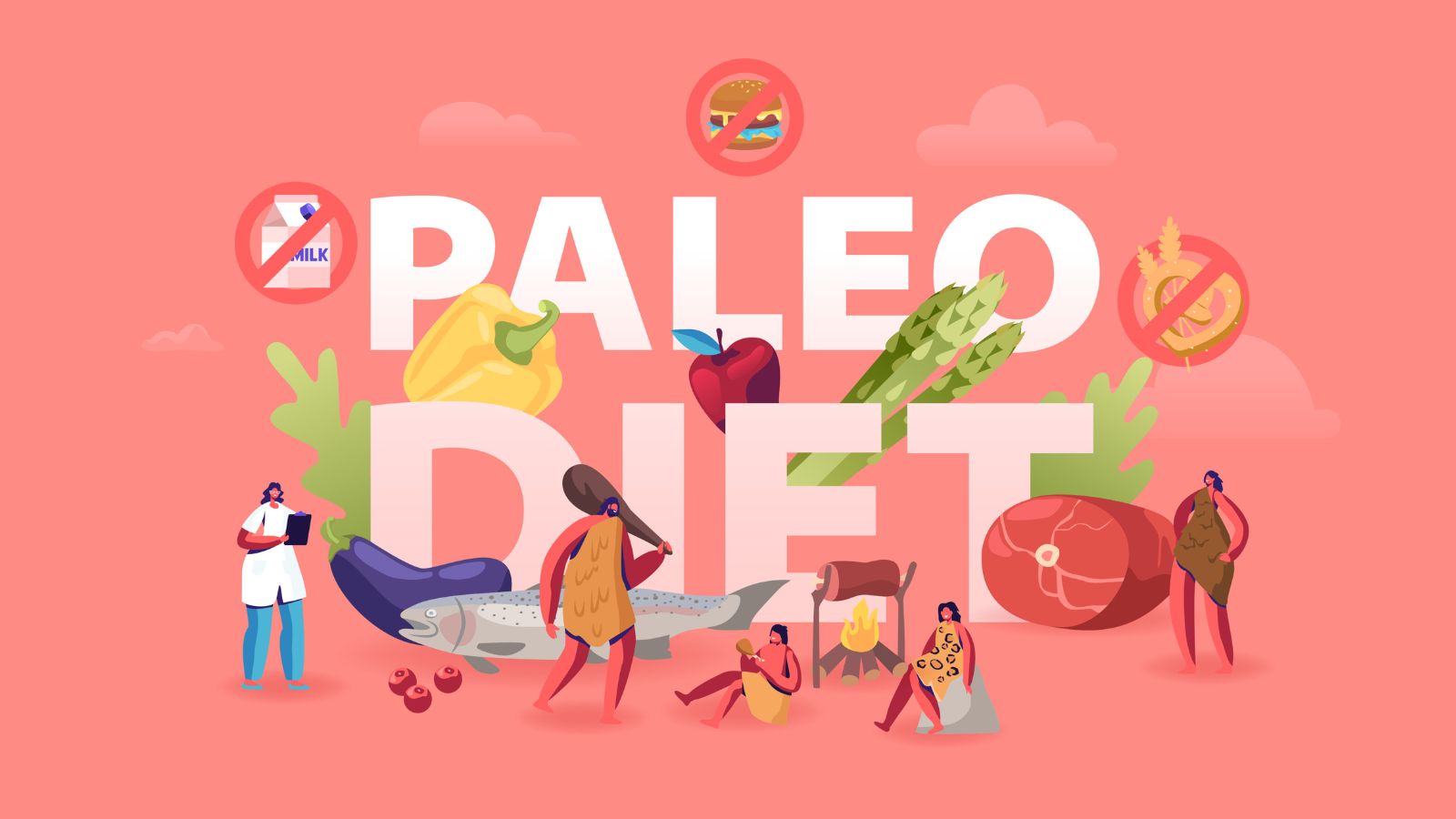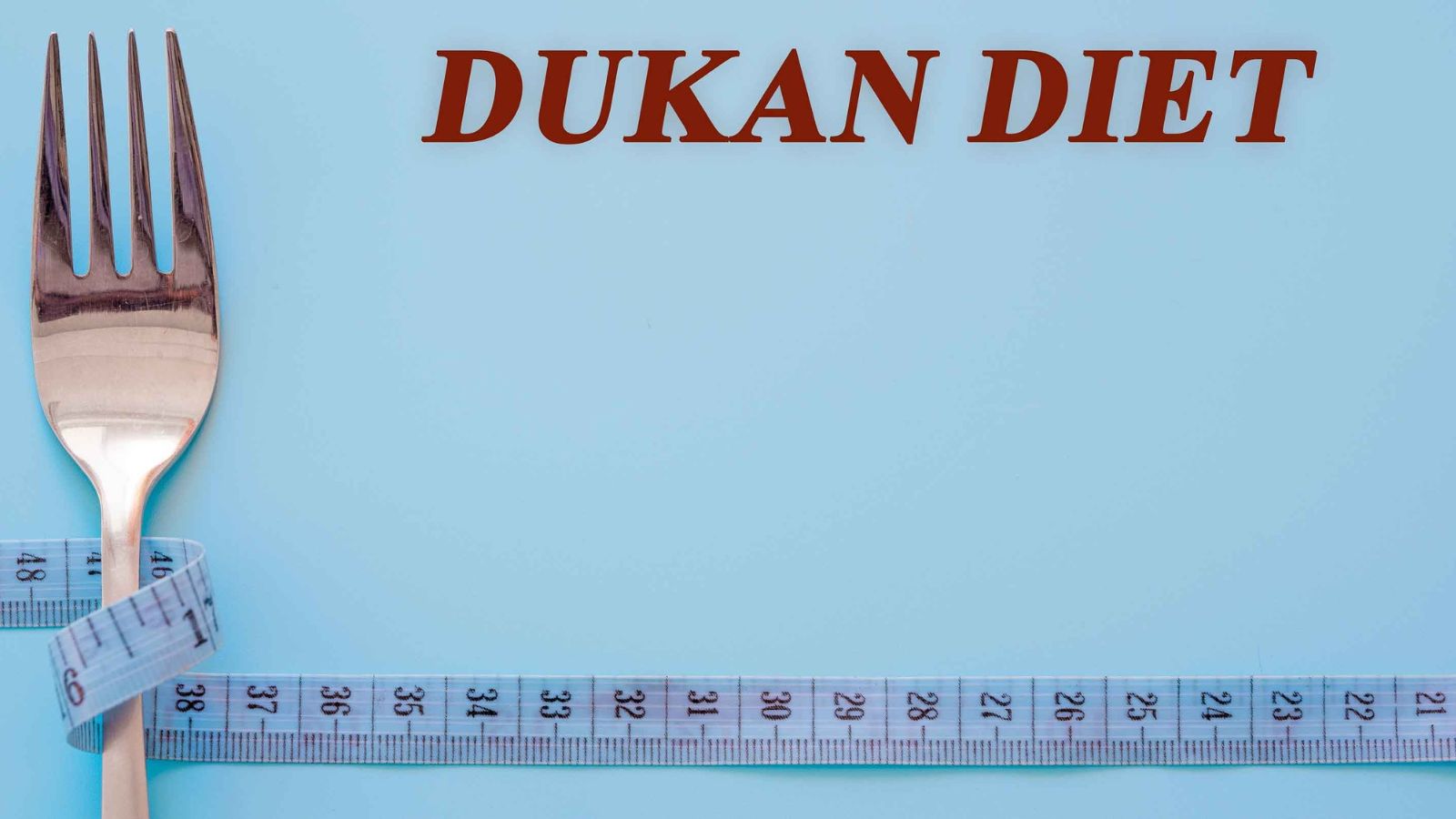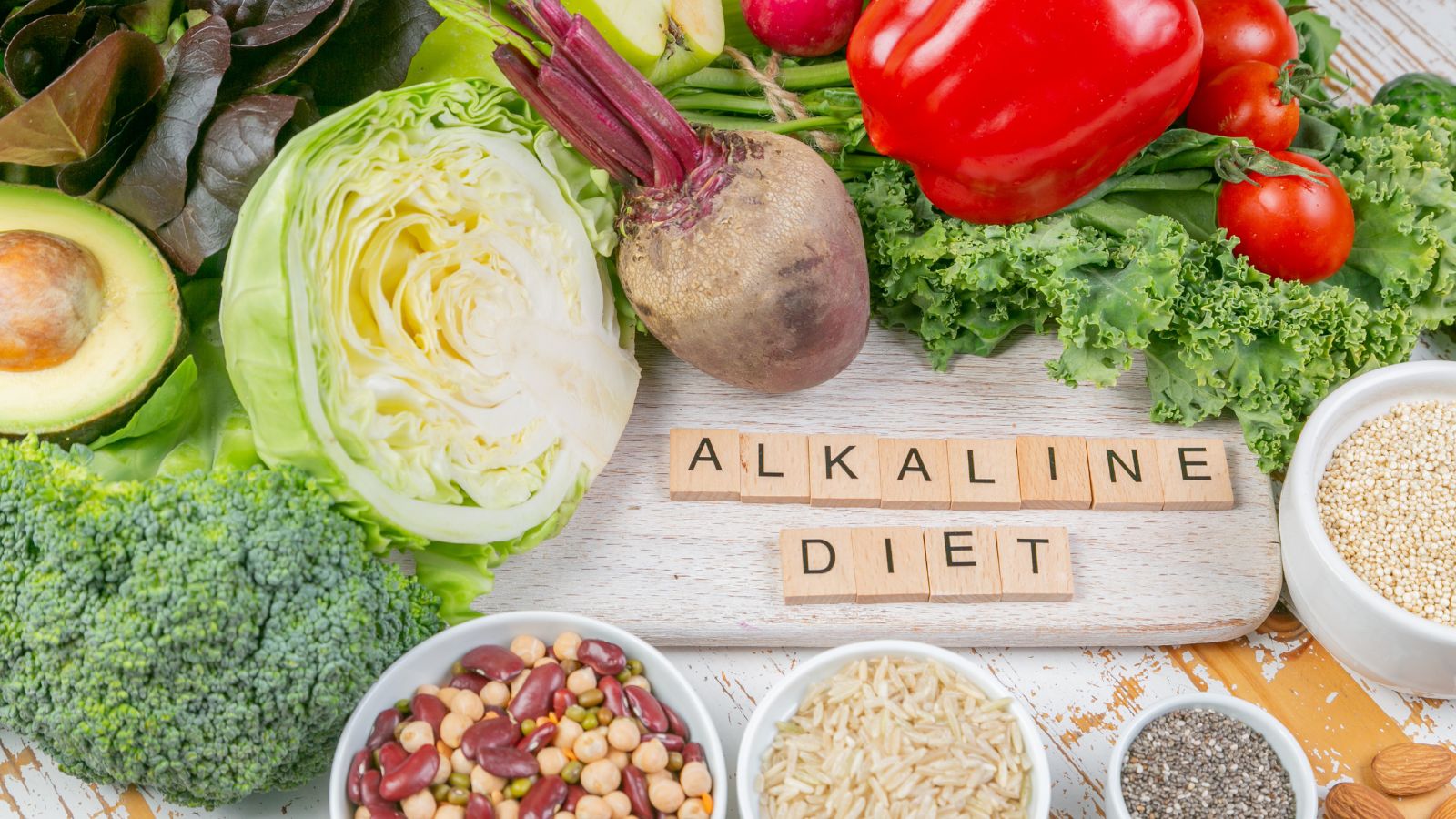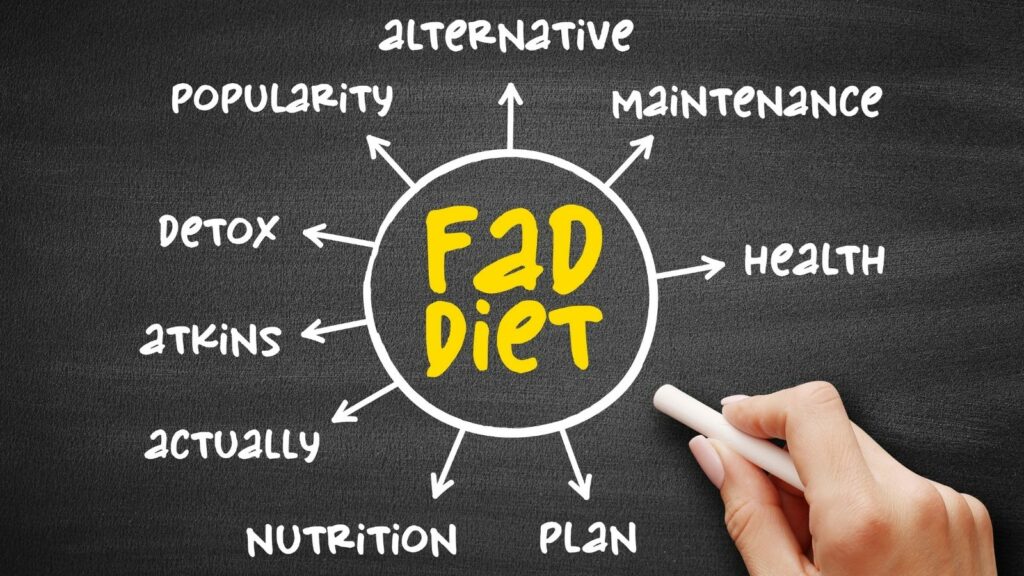Diets often promise quick fixes and miraculous weight loss, but the reality is that many popular diets can have serious health consequences. From nutrient deficiencies to disordered eating patterns, we take a look at 22 hidden dangers of popular diets that you should avoid:
Keto Diet: Nutrient Deficiency

The Keto diet focuses on a high-fat, low-carb intake, putting the body into ketosis to burn fat. Ketosis is a metabolic state in which the body shifts from using glucose (from carbohydrates) as its primary energy source to using ketones, which are derived from stored fat. But, restricting your diet too much can lead to deficiencies in essential nutrients like vitamins C, D and magnesium.
Paleo Diet: High Cholesterol Risks

The Paleo diet encourages eating whole foods while cutting out grains and dairy. Although this may improve certain health indicators, eating a lot of animal protein may raise cholesterol and increase the risk of heart disease.
Intermittent Fasting: Metabolism Disruption

Intermittent fasting cycles between eating and fasting periods. Fasting can be effective for weight loss, but doing it too often can slow down your metabolism, making it harder to keep the weight off.
Juice Cleanses: Muscle Loss

Juice cleanses focus on high-nutrient juices, usually for a few days, to “detoxify” the body. Butr, a lack of protein in your diet can lead to muscle loss, leaving the body weaker and potentially slowing metabolism in the long run.
Low-Fat Diets: Hormonal Imbalance

Low-fat diets often aim to reduce calorie intake by eliminating fats, but fats are essential for hormone production. Sticking to a low-fat diet for a long time can throw off your hormones, affecting your mood, energy levels, and metabolism.
Low-Carb Diets: Mental Fog

Low-carb diets restrict carbohydrate intake to promote weight loss, but carbs are crucial for brain function. Drastically reducing carbs can lead to mental fog, difficulty concentrating and irritability due to low glucose levels.
High-Protein Diets: Kidney Strain

High-protein diets are popular for muscle building and weight loss. But, excessive protein can strain the kidneys, particularly in people with pre-existing kidney issues and may increase the risk of kidney stones.
Gluten-Free Diet: Lack of Fiber

Gluten-free diets are essential for those with celiac disease but have become popular among the general population. Unfortunately, many gluten-free products lack fiber, which is essential for digestive health, leading to constipation and other gut issues.
Raw Food Diet: Digestive Issues

The raw food diet consists of unprocessed, uncooked foods to preserve nutrients. While raw food has some benefits, it can be challenging for the digestive system to handle raw fibers, leading to bloating, gas and digestive discomfort for some people.
Vegan Diet: Vitamin B12 Deficiency

A vegan diet excludes all animal products, which can be healthy when well-planned. However, it lacks vitamin B12, naturally found in animal products, which is essential for brain function and red blood cell formation. Deficiency has been shown to lead to anemia and neurological issues in some vegans.
Detox Diets: Electrolyte Imbalance

Detox diets often promise a quick cleanse through restrictive eating or special supplements. But, detox diets can lead to dangerous electrolyte imbalances, causing symptoms like dizziness, irregular heartbeat, and even life-threatening complications.
Carnivore Diet: Gut Microbiome Disruption

The carnivore diet allows only animal products and eliminates all plant-based foods. This approach can reduce beneficial gut bacteria, which thrive on fiber from plants, potentially leading to digestive issues and weakened immunity.
Military Diet: Nutritional Gaps

The military diet is a low-calorie plan followed for three days a week. While it promises rapid weight loss, it lacks adequate nutrients and is unsustainable for long-term health, leading to fatigue, nutrient deficiencies and yo-yo dieting.
HCG Diet: Risk of Blood Clots

The HCG diet uses human chorionic gonadotropin (HCG) supplements combined with extreme calorie restriction. Not only is this diet illegal in many areas, but it also carries risks of blood clots, depression and electrolyte imbalance.
South Beach Diet: Over-Processed Foods

The South Beach Diet focuses on low-glycemic carbohydrates. But, many of the diet’s prepackaged foods are highly processed and may contain artificial ingredients, which can negate the diet’s intended health benefits.
Dukan Diet: Liver Stress

The Dukan diet, a high-protein, low-carb plan, places strain on the liver due to excessive protein processing. Over time, it can increase the risk of liver issues, especially for those with pre-existing liver conditions.
Whole30: Restrictive Eating Patterns

Whole30 cuts out processed foods, sugars and dairy for 30 days. While it aims to “reset” the body, it can lead to an unhealthy, all-or-nothing mindset, which can disrupt a balanced approach to food after the program ends.
Atkins Diet: Constipation

The Atkins diet promotes high-fat and high-protein intake while cutting carbs, often resulting in constipation. The lack of fiber from fruits, vegetables and whole grains can lead to digestive discomfort and long-term bowel issues.
Mediterranean Diet: Over-Reliance on Olive Oil

The Mediterranean diet is generally healthy, but some followers rely heavily on olive oil. While olive oil has health benefits, consuming it in excess can lead to weight gain and high calorie intake.
Blood Type Diet: Lack of Scientific Evidence

The blood type diet promotes eating according to your blood type, claiming it can optimize digestion and energy. But, there is no scientific evidence supporting this diet and it may result in unnecessary restrictions and nutrient deficiencies.
Fruitarian Diet: Tooth Decay

A fruitarian diet consists almost entirely of fruits, which can be detrimental to dental health due to high sugar content. Excessive sugar from fruits can lead to tooth decay and gum issues, impacting long-term oral health.
Alkaline Diet: Digestive Health Risks

The alkaline diet promotes alkaline foods to “balance” body pH, despite no scientific evidence supporting the need for pH balance through food. Alkaline diets often exclude entire food groups, potentially resulting in nutrient deficiencies and digestive issues.
18 Reasons Why People Are Leaving Florida in Masses

Exploring factors that impact the desirability of living in Florida, this list delves into various challenges shaping residents’ experiences. From environmental concerns like rising sea levels to economic factors such as fluctuating job markets, these issues collectively contribute to a nuanced understanding of the state’s appeal.
18 Reasons Why People Are Leaving Florida in Masses
